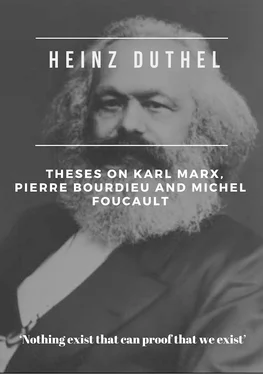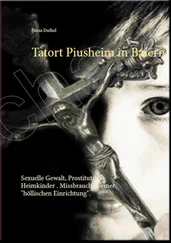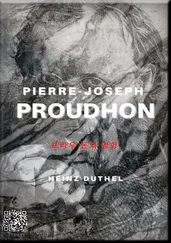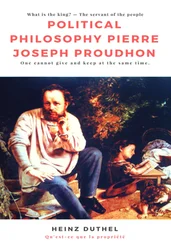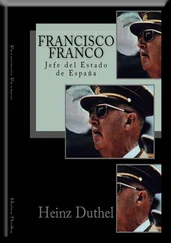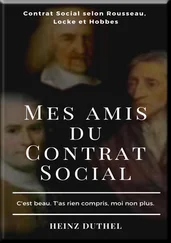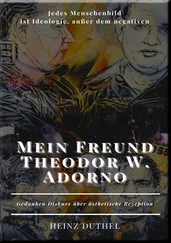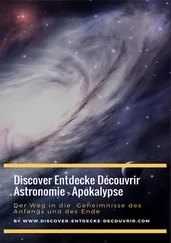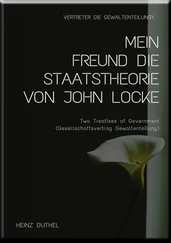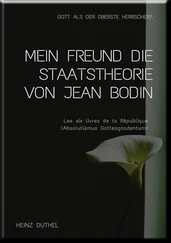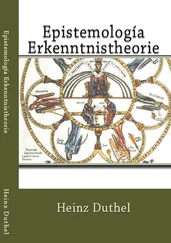Postmodernism impairs the construction of projects such as feminism. Whilst the problem with the homogeneity of the term ‘woman’ has been recognised; political engagement still renders it necessary. If subjectivities are multiple and changeable; if power is diffuse; if legitimation is only local then the ability to challenge is constrained to the particular. Feminists would argue for struggle at the particular: but also at the general, across a range of sites, and at a number of levels.
[Skeggs, 1991 #528, p261]
The imperative here is the need to distinguish as clearly and coherently as we can those aspects of the debate over postmodernism that are supportive of social justice, emancipation and democracy from those which are more individualising and fragmentary, marginalising or even rejecting the struggle for equality and freedom. My position in this Study is to base my theoretical framework on a model of social organisation that takes the underlying relations of production as a central force. This means not assuming that individuals are fragmented, constituted by discourses, but rather are embedded in a stratified society and consequently reflect this social structure in their cognitive structures and interpersonal relations. In doing this though, I can adopt the position that the construction of one’s individual social frameworks are likely to be somewhat fragmented due to the complex nature of the society we are bought up in. Exactly how I intend to do this is the subject of Chapter 3 where I discuss approaches to the conceptualisation of human agency. What is necessary to synchronise structure and agency is first the recognition that individuals can and do assume some differential positioning, where their engagements with the professional discourses of the field may shift. Second, rather than accept this shifting as demonstrating the primary role of discourse in the construction of self, we need to see it as requiring an exploration of some deeper consistency whose flexibility may be explained by one being located within differential power structures and the concomitant social relations and inter-personal relations.
2.2 Models of Social Reproduction
Education is a matter of learning the ropes, not of untying them or discovering who is holding them.
[Harris, 1979 #124, p 81]
In our view it is pointless to ask if the net effect of education is to promote equality or inequality, repression or liberation. These issues pale into insignificance before the major fact. The education system is an integral element in the reproduction of the prevailing class structures of society.
[Bowles, 1976 #46, p 125]
Education is not simply shaped in a general way by the imperatives, arrangements and logic of the capitalist system. Education is specifically articulated with this system in certain very definite ways.
[Hall, 1981 #478, p 13]
I have included this section to demonstrate that although the main theoretical strands in social reproduction theory have a diversity of analytical orientation, nevertheless they do have a tendency to focus on an over-structural analysis that minimises the level of human agency through which many of the processes of social reproduction are operationalised. If teachers play a part in that process – as they must as key players – it is important for us to understand what parts they play and what characteristics they adopt. There is therefore a need to shift down from the level of the institution, from the social block or class, to look at how symbolic capital might be reproduced in teachers’ orientations and at how we can conceptualise and theorise the diversity of teachers involved in this process.
2.2.1 Introduction
One concern of educational sociology has been to understand how capitalism as a system of structured inequality manages not just to survive, but to maintain itself through the education system. Schools both produce the dominant culture - in the sense of inculcation - and mirror the structures required - in the sense that schools are part of the society at large and reflect its structures, dialogues, discourses and dispositions [Apple, 1979 #1; Bowles, 1976 #46; Gitlin, 1989 #674]. That schools still play a significant role has been shown by a research study in the London Borough of Ealing:
An in depth investigation into the homelife of almost 5,000 pupils from the age of four provides vital new evidence that social class is a factor in determining whether a child does well or badly at school. ... Its findings suggest that ministers cannot simply tell schools they must do better - but that poor social conditions must be tackled before there will be a rise in pupil performance. ... It confirms that children from the best backgrounds not only perform better but migrate to the most successful schools. This means that the most needy pupils - those on free school meals - tend to end up in the worst schools.
[Dean, 1998 #639]
It is likely that the means whereby schools operate to reproduce society are tightly interwoven in the actions of individuals within the school system - through interpersonal relations and through the delivery of the curriculum. Consequently, ideology and educational discourse will be ways in which we can begin to understand this process whereby particular social structures are reproduced and legitimised.
Students in most schools and in urban centres are presented with a view that serves to legitimate the existing social order since change, conflict, and men and women as creators as well as receivers of values and institutions are systematically neglected.
[Apple, 1979 #1, p 102]
Clearly, Michael Apple is seeing hegemony at work here. Embedded in this position is recognition of both micro-educational processes through which children are presented with a particular curriculum, and macro-sociological structures whereby the social order is reproduced. I will begin with the macro-sociological arguments before moving to micro (and meso) levels of operation.
Early attempts to conceptualise social reproduction used what is termed a ‘functionalist’ approach, which sees the education system as assuming the function of agent of socialisation. A classical Marxist approach may be summed up as follows:
The ideas of the ruling class are in every epoch the ruling ideas, i.e. the class which is the ruling material force of a society, is at the same time its ruling intellectual force. The class which has the means of material production at its disposal, consequently also controls the means of mental production, so that, the ideas of those who lack the means of mental production are on the whole subject to it. The ruling ideas are nothing more than the ideal expression of the dominant material relations the dominant materials relations grasped as ideas; hence of the relations the which make the one class the ruling one, therefore the ideas of its dominance. … Hence among other things they rule also as thinkers, as producers of ideas, and regulate the production and distribution of the ideas of their age. Thus, their ideas are the ruling ideas of the epoch.
[Marx, 1845 #85, p 59]
The relevance of this is that school organisation and pedagogical practices exercise a subtle form of social domination. If, as many claim, teachers serve as agents of social and cultural domination we need to have a clearer understanding of how this takes place. However, ruling cultures do not need to exercise overt repression and control to retain dominance, as Tony Bennett describes:
Dominant culture gains a purchase {…} not in being imposed, as an alien and external force, on to the cultures of subordinate groups, but by reaching into these cultures, reshaping them, hooking them, and, with them, the people whose consciousness and experience is defined in their terms, into an association with the values and ideologies of the ruling groups in society.
Читать дальше
